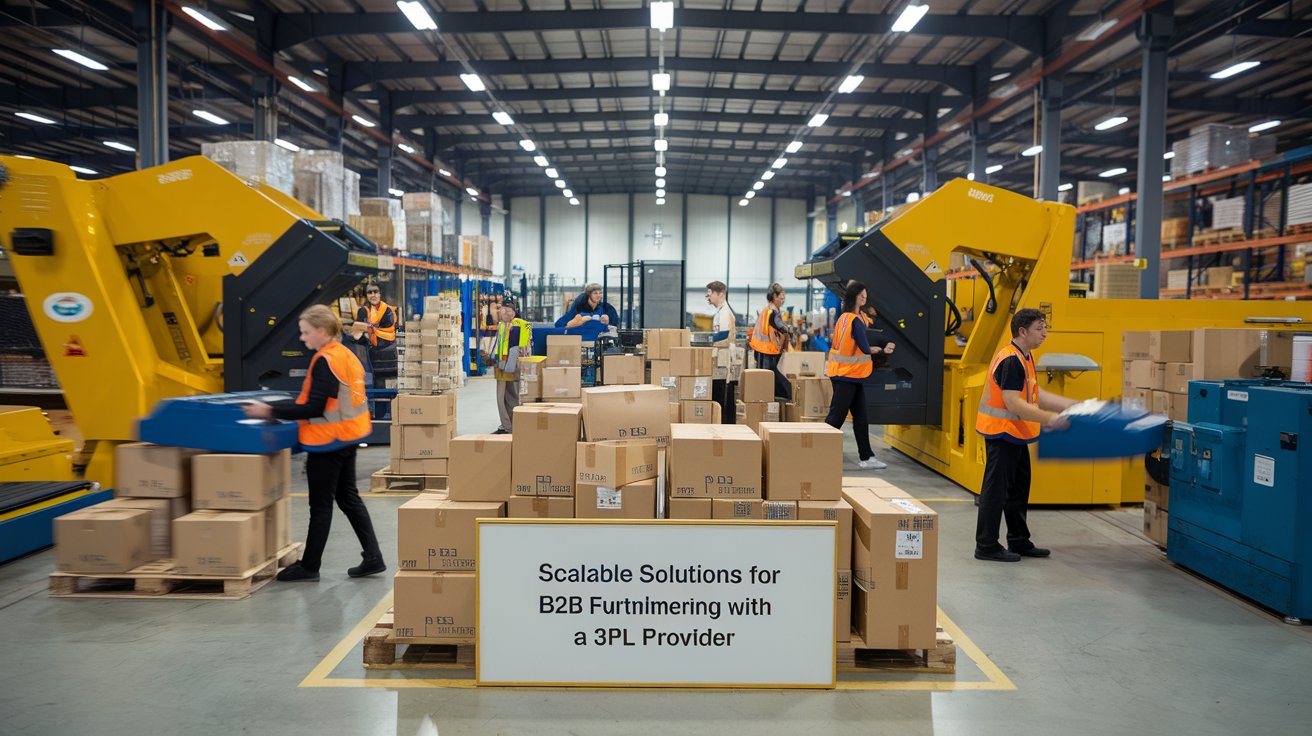Despite a strong economy, employee engagement and retention have become critical concerns for businesses in Singapore, particularly in industries facing talent shortages and high turnover rates. Companies are increasingly recognising that structured and effective feedback mechanisms can improve workplace efficiency, enhance job satisfaction, and contribute to long-term employee retention.
As Singapore continues to adapt to hybrid work models and evolving workforce expectations, organisations must rethink their approach to employee feedback. This should support the fact that businesses are evolving and we are approaching a state of constant evolution.
Feedback and productivity are critical
Feedback is vital to improving workplace efficiency. When employees receive regular, constructive feedback, they gain a clearer understanding of expectations, performance metrics, and areas for improvement. In Singapore’s fast-paced business landscape, companies that foster a culture of open communication tend to experience increased productivity and innovation.
From our research, we have seen improvements in retention through regular feedback compared to those with annual performance reviews. When feedback is provided in real-time, employees can make immediate adjustments, leading to better decision-making and reduced errors.
Employee retention requires communication
Singapore’s competitive job market means that retaining talent is just as important as attracting it. Employee dissatisfaction often stems from a lack of clarity regarding career progression, expectations, or workplace concerns. When employees feel unheard, they are more likely to seek opportunities elsewhere.
A 2023 survey by Randstad revealed that 41% of employees who resigned cited a lack of feedback and career development discussions as a key reason for leaving. By implementing structured feedback processes, companies can demonstrate a commitment to employee growth, helping to build a more engaged and loyal workforce.
The best practices for effective feedback
To fully harness the benefits of feedback in boosting efficiency and retention, companies in Singapore should adopt the following best practices:
1. Encourage Continuous Feedback Culture
Businesses should implement continuous feedback loops instead of relying on annual or semi-annual performance reviews, Platforms like 360-degree feedback tools, one-on-one check-ins, and peer reviews can help employees receive timely and constructive insights.
2. Leverage Technology for Real-Time Insights
Many Singapore-based companies are turning to AI-driven feedback platforms to facilitate real-time communication between employees and managers. These platforms allow employees to share concerns, receive instant feedback, and track their progress over time. Solutions like Hearback have already demonstrated how digital platforms can streamline employee feedback and workplace reporting.
3. Make Feedback Actionable and Transparent
Feedback is only effective if it leads to meaningful change. Employers must ensure that feedback sessions are followed by actionable steps. For instance, if an employee raises concerns about workload distribution, managers should respond with clear solutions and timelines. Transparency in decision-making builds trust and encourages employees to participate actively in feedback processes.
4. Train Managers to Provide Constructive Feedback
One of the biggest challenges in feedback implementation is the lack of proper training for managers. Companies should invest in workshops and leadership training to equip managers with the skills to deliver constructive, unbiased, and motivational feedback. When managers communicate effectively, employees are more likely to feel valued and engaged.
5. Encourage Two-Way Communication
Feedback should not be a one-sided process where managers evaluate employees without room for discussion. Companies must create opportunities for employees to share their thoughts on management practices, workplace culture, and career growth. Regular town hall meetings, anonymous feedback channels, and employee engagement surveys can help bridge the gap between leadership and staff.
The future of employee feedback in Singapore
Singaporean businesses are increasingly adopting data-driven approaches to employee engagement, leveraging AI-powered sentiment analysis and real-time feedback dashboards. As the workforce continues to embrace hybrid work arrangements, technology will play a greater role in maintaining strong communication channels between employees and management. According to SYNC CEO Terng Shing Chen, who shared his insights on a business podcast, being able to provide real-time feedback and receive it is critical to managing his remote business across the region.
Moreover, organisations that integrate mental well-being into feedback processes are likely to see stronger employee retention. Addressing workplace stress, career aspirations, and work-life balance in regular feedback discussions can help create a healthier and more productive work environment.
…………………………….
Feedback is a powerful tool for driving efficiency and improving employee retention in Singapore. By moving away from outdated performance review models and embracing real-time, technology-driven feedback mechanisms, companies can cultivate a more engaged and productive workforce. As competition for top talent remains high, businesses that prioritise open communication and employee development will have a significant advantage in retaining their best performers.



